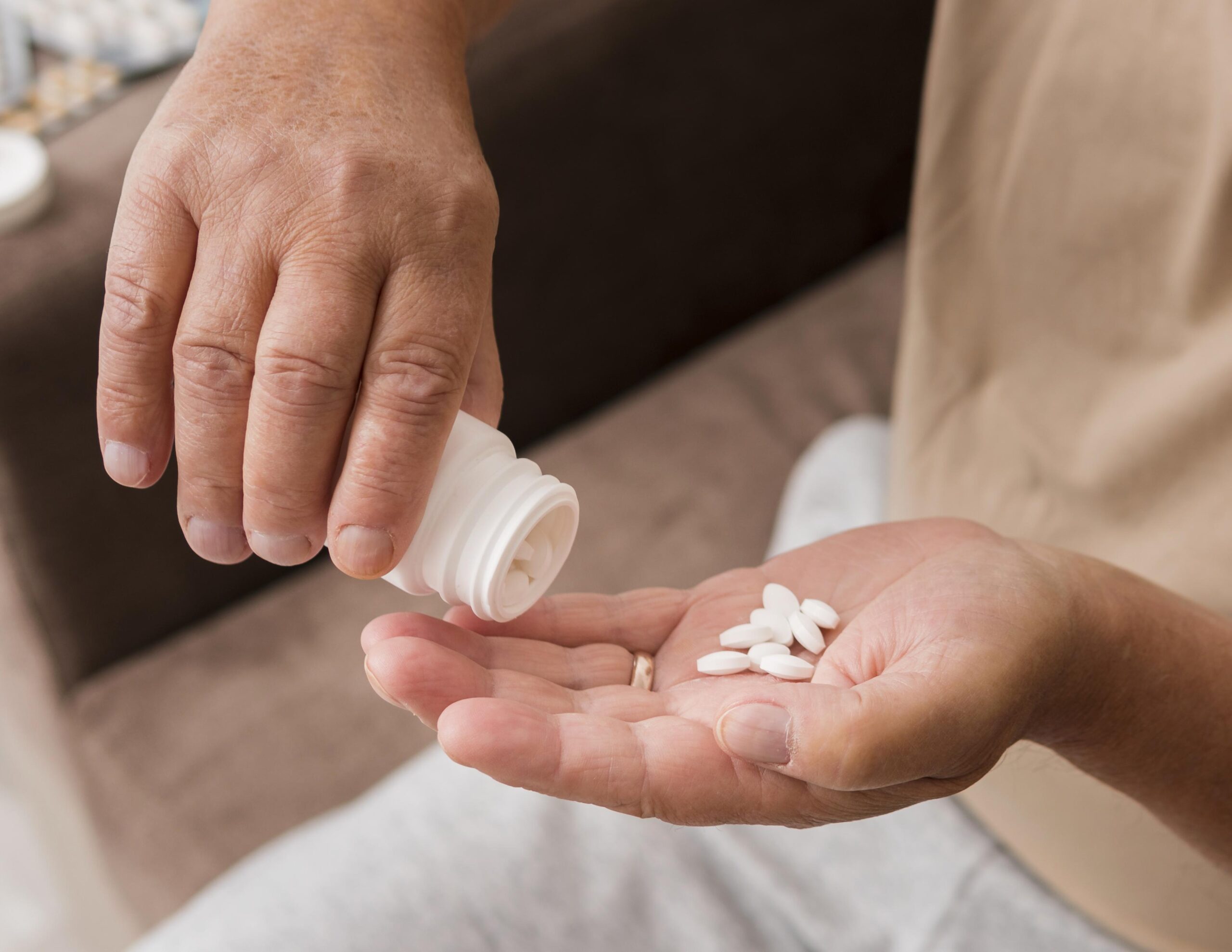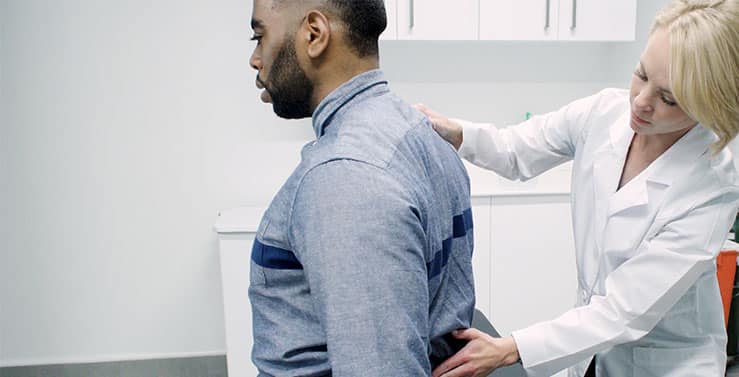Erectile dysfunction (ED) is a common condition that can be caused by various factors, including hormonal imbalances such as low testosterone levels. While testosterone therapy can help some men with ED, it’s essential to consult a healthcare professional before considering any treatment. If you are looking for a better ED treatment then must try cialis online
They can assess your specific situation, run the necessary tests, and recommend the most suitable approach. Here’s some information about testosterone and its role in ED:
Testosterone and Erectile Dysfunction:
Testosterone is a male sex hormone that plays a significant role in sexual health. It affects libido, sexual arousal, and the ability to achieve and maintain erections. When testosterone levels are low, it can lead to sexual problems, including ED. you can also try cheap levitra online
Testosterone Replacement Therapy (TRT):
Testosterone replacement therapy is a treatment option for men with clinically low testosterone levels. It may help improve sexual function, including erections, in those with ED caused by low testosterone. However, TRT is not a one-size-fits-all solution and is typically recommended for men with documented hormone deficiencies.
Natural Ways to Boost Testosterone:
Before considering TRT, it’s essential to explore natural ways to boost testosterone levels. Lifestyle changes such as regular exercise, a healthy diet, adequate sleep, stress management, and weight loss can positively impact testosterone levels. These changes can not only improve sexual function but also contribute to overall well-being.
Consult a Healthcare Professional:
If you suspect that low testosterone is contributing to your ED, it’s crucial to consult a healthcare professional. They can perform tests to measure your hormone levels and assess your overall health. Based on their evaluation, they will recommend the most appropriate treatment, which may include TRT or addressing other underlying causes of ED.
The Role of Testosterone:
Testosterone is a hormone produced in the testes and, to a lesser extent, in the adrenal glands. It’s crucial for the development of male sexual characteristics, including muscle mass, bone density, and facial hair. Testosterone also influences sexual desire (libido) and the ability to achieve and maintain erections.
Causes of Low Testosterone:
Several factors can lead to low testosterone levels. These include aging, medical conditions such as hypogonadism, obesity, chronic illness, certain medications, and lifestyle choices such as excessive alcohol consumption or drug use.
Symptoms of Low Testosterone:
Low testosterone levels can result in a range of symptoms beyond erectile dysfunction. These may include reduced libido, fatigue, depression, mood changes, decreased muscle mass, and increased body fat. Some men also experience hot flashes and difficulty concentrating.
Testosterone Replacement Therapy (TRT):
TRT is a medical treatment that aims to restore testosterone levels to a healthy range. It can be administered in various forms, including injections, gels, patches, and implantable pellets. The goal of TRT is to alleviate symptoms associated with low testosterone, including sexual dysfunction.
Effectiveness of TRT:
TRT can be highly effective in men with documented low testosterone levels, particularly when ED is linked to hormonal imbalances. Many men experience improved sexual function, including the ability to achieve and maintain erections, while on TRT.
Monitoring and Safety:
Men undergoing TRT need regular medical monitoring to ensure that hormone levels stay within a healthy range and to address any potential side effects. TRT should be administered under the supervision of a healthcare professional, as inappropriate use or dosage can lead to adverse effects.
Lifestyle and ED:
While TRT can be beneficial for those with low testosterone, it’s essential to recognize that lifestyle factors also play a significant role in ED. Maintaining a healthy lifestyle through proper diet, exercise, stress management, and weight control can complement the effects of TRT and improve overall sexual health.
Consultation with a Specialist:
If you suspect that low testosterone is contributing to your ED, it’s advisable to consult with an endocrinologist or urologist, specialists experienced in hormonal and sexual health. They can conduct the necessary tests and work with you to create a tailored treatment plan.
Treatment Considerations:
Before starting testosterone replacement therapy (TRT), it’s essential to undergo a comprehensive evaluation by a healthcare professional. This evaluation may include blood tests to measure your testosterone levels, as well as a discussion about your overall health, medical history, and the severity of your ED.
Benefits Beyond ED:
TRT can provide various benefits beyond addressing ED, including increased energy levels, improved mood, enhanced muscle mass, and reduced body fat. Some men also report better cognitive function and a general sense of well-being.
Types of TRT:
TRT is available in different forms, such as intramuscular injections, transdermal gels or creams, skin patches, buccal tablets, and implantable pellets. The choice of TRT method depends on individual preferences, convenience, and healthcare provider recommendations.
Caution and Risks:
While TRT can be effective, it’s not without potential risks. These may include an increased risk of blood clots, changes in red blood cell count, skin irritation (with gels and patches), and worsening of sleep apnea. It’s crucial to discuss these potential risks and benefits with your healthcare provider.
Age-Related Changes:
It’s common for testosterone levels to decrease with age. However, not all older men with lower testosterone levels experience ED. The relationship between age-related testosterone decline and ED is complex and varies from person to person.
Combination Therapies:
For some men, a combination of treatments may be the most effective approach. This could include combining TRT with medications like sildenafil (Viagra) or tadalafil (Cialis) for ED. It’s essential to work closely with a healthcare provider to determine the most suitable treatment plan.
Addressing Underlying Causes:
It’s essential to recognize that ED can result from various factors, not just low testosterone. Other potential causes include psychological issues, vascular problems, diabetes, and medication side effects. Identifying and addressing the underlying cause of ED is a key part of treatment.
Regular Follow-Ups:
During TRT, it’s necessary to attend follow-up appointments as recommended by your healthcare provider. These visits allow for the monitoring of your hormone levels and overall health and the adjustment of treatment as needed.
Psychological and Emotional Impact:
ED can have a significant psychological and emotional impact on individuals and their relationships. Open communication with a healthcare provider and partner, along with psychological support or counseling, can be essential components of ED management.
Remember, self-diagnosis and self-treatment for ED or low testosterone are not advisable. Your healthcare provider can guide you through the process and ensure you receive the most effective and safe treatment for your specific situation.




